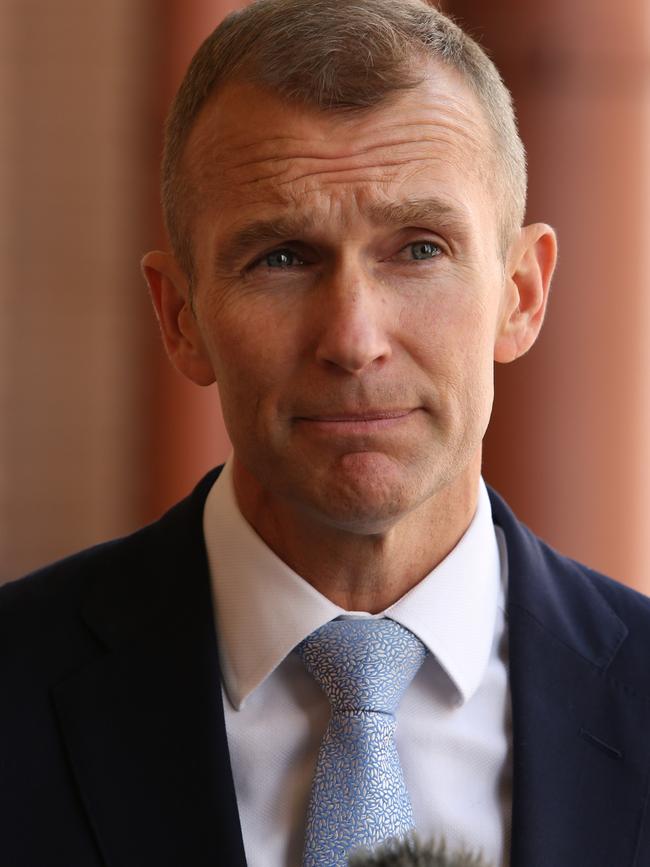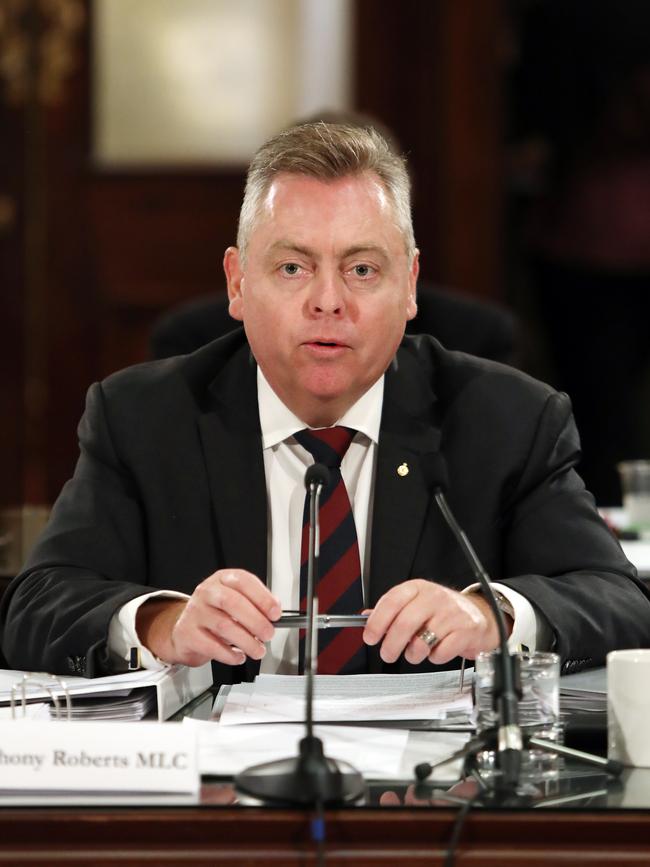NSW Government forced to subsidise Chinese developer $219m after selling the land for $300m
NSW taxpayers will be forced to subsidise a Chinese property developer $219 million in infrastructure costs — almost wiping out any proceeds the government made from selling the land for $300 million.
NSW
Don't miss out on the headlines from NSW. Followed categories will be added to My News.
NSW taxpayers will be forced to subsidise a Chinese property developer $219 million in infrastructure costs — almost wiping out any proceeds the government made from selling the land for $300 million.
A leaked letter reveals a row between government-owned land developer Landcom and the planning department over a blowout in infrastructure charges, which Landcom must pay on the developer’s behalf.

Landcom chief executive John Brogden blames the planning department, saying in a ministerial briefing note that Landcom had budgeted to pay $30 million in special infrastructure contributions on the sale of the Menangle land to Dahua Group in 2015.
Dahua Group is one of China’s 50 biggest developers, chaired by self-made real estate developer Jin Huiming, who is estimated by Forbes to be worth $1.46 billion.
The contributions, which pay for public infrastructure such as roads, paths and parks, were originally decided per hectare, but will now be determined on a per-dwelling basis for the $1.5 billion housing project.
MORE NEWS
First look: Check out the future Club Menangle
Trust fears land is being ‘flogged off’
Chinese developer spends $85m for M9 orbital land
Dahua is building 4000 housing lots on the 364ha site in Sydney’s southwest. Off-the-plan four-bedroom house and land packages are being marketed from $700,000.
Mr Brogden wrote to then planning minister Anthony Roberts last year complaining that “Landcom and the government would make considerably less from the land sale than originally anticipated” and that the new contribution meant government was “effectively funding private developers”.


However, Mr Brogden, who earns $600,000 a year as Landcom CEO, was chair of the body’s board in 2015 when it agreed to pay the SIC. Rob Stokes was then planning minister, returning to the role in March.
Labor said both men had questions to answer.
“John Brogden is paid more than the Premier, yet as chair of the Landcom board he appears to have presided over a deal that could short-change the state hundreds of millions of dollars and hand it to a property developer,” Labor planning spokesman Adam Searle said.
“Mr Stokes and Mr Brogden need to explain how they approved such a deal.”
Landcom said that at the time of doing the deal with Dahua, the SIC was a per hectare rate, rather than a rate per dwelling.

The planning department on Tuesday said that the final rate of the SIC had not yet been finalised.
A planning department spokesman said the state government “expects contributions are made to support the cost of public infrastructure, regardless of who the developer is”.
Mr Brogden said houses would become expensive in the Macarthur region because it was excluded from SIC discounts available in Sydney’s north and west.
